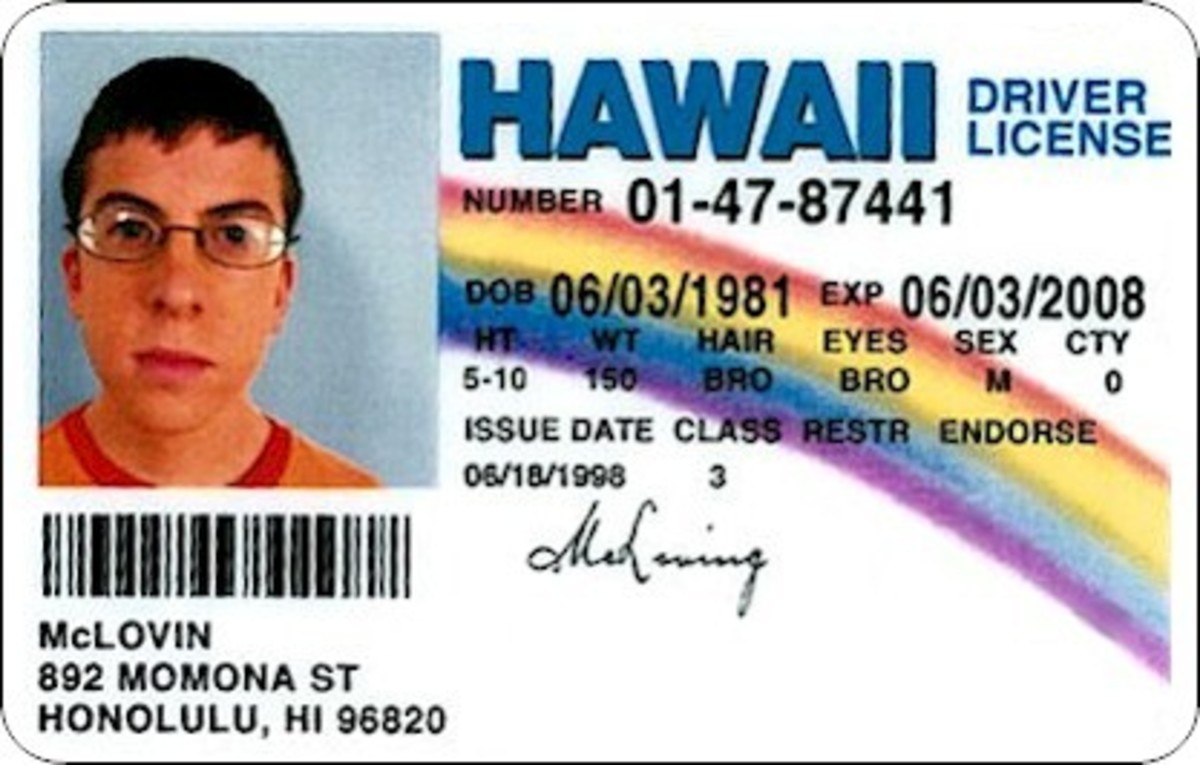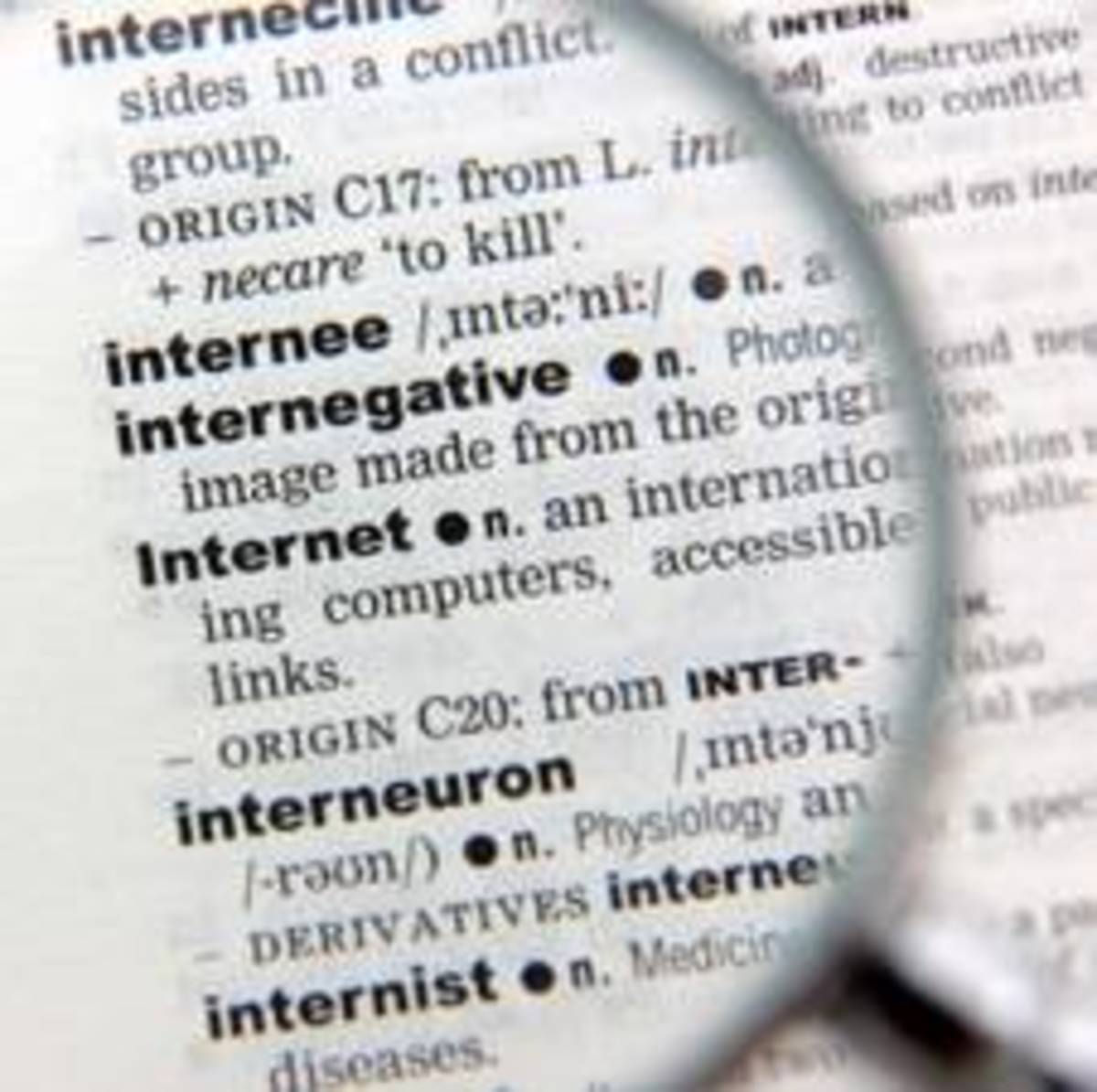How You Learn Physical Skills: instinct, deliberate action, and trained response, human mind affects autonomic system
Introduction
Ever wonder why professionals like firefighters, police, soldiers, and so on can react without panic to situations that would have caused you and I to panic? The answer is training. They are trained to be professionals.
But how does that training actually work? For that, we have to explain how the brain works, so we have to go back to the very beginning: instinct, and from there, how the brain coordinates the instincts into deliberate action, and finally, learned response. And finally, we'll discuss how the brain reacts to stress, and how training helps.
Your brain is very much like a computer, but a computer capable of rewriting its own software, and constantly add new code to handle new situations.
Let us start with instinct.
Instinct: your Basic Input Output System, or BIOS
In a computer, BIOS is the most basic of all instructions: how to start the machine, how to initialize memory, how to handle input and output. It is the bare essentials of all functions. Other functions are added by loading an operating system. Drivers are added to handle device inputs and output. Application software can be added to deal with human inputs and outputs.
In a human brain, instincts are the most basic of all instructions. Our brains have natural functions to seek out faces and recognize faces, to cry when discomforted, to suckle milk when hungry, and so on. These instincts are encoded into our brains by millions of years of evolution, to allow us to survive infancy and grow to learn more.
Without instinct, babies would not cry and would not look so cute to adults. Conversely, adults have instincts to look after babies. It's in our "nature".
However, instincts also cover more, such as desire of sweet and salty flavors, while avoiding bitter and sour flavors, preference of pleasure and avoidance of pain, fight or flight response, and so on.
When the input through our five senses does not match up to any instinct, the brain must decide what to do. That is deliberate action.
Deliberate Action: Action and Feedback Loop
When you receive inputs from your senses that instincts does not cover, such as a combination of flavors, your brain must decide on an action. This is deliberate action, as your brain deliberates on what to do, then commands the muscles to do it.
When a baby first reaches for an object, he does not yet have full control of his hands and arms yet. The brain have to constantly send additional signals to the arm to change the movement direction and speed, and later, to coordinate the fingers to grasp. After a bit of practice, baby will be able to grasp things. The brain soon learns how to coordinate all the muscles in the arm and hand to grab things.
If the baby only need to do this once, then this knowledge is quickly forgotten, as it was only stored in short term memory. However, grasping is a skill that is needed very often, so this memory is recalled many many times, that the brain soon developed a script just to handle grasping, instead of having to calculate it every time.
That is "learned response".
When Learned Response Goes Off the Track
Trained response, while mostly apply to physical skills, can also apply to psychological states as well. And this can be the root of a lot of different problems.
"Battered spouse syndrome", a condition where the abused victim in an abusive relationship actually believes "I deserve to be abused, it is all my fault", is a trained response. The victim had been "trained" by the abuser to believe s/he is the cause and deserves to be abused.
Post-Traumatic Stress Disorder is also a traineded response. Exposure to the traumatic stress had etched the memory of that event deep into the mind. Any bit of memory of that event: sound, smell, etc. could all bring the memories back. Vietnam veterans have reported that if they heard Vietnamese in a supermarket, they'd break out in a cold sweat, because they had associated spoken Vietnamese to enemy activity, which is associated with fight response. That "script" is still active, even though the situation had changed and they are no longer on a battlefield.
Trained Response: Brain Script of action sequences
Trained Response started before you were born, and never ends as long as you are alive, as you are constantly learning from your inputs, and your brain will constantly write scripts to handle recurring situations. Older scripts not used are relegated into the "back room" and allowed to fade.
Simple muscle movement scripts like moving a finger up and down can be combined with many other fingers into coordinated tasks like typing, writing, drawing, or in case of soldiers, athletes, and such, fighting, running, and so on. Instead of just coordinating a few muscles, dozens, perhaps hundreds of muscles are coordinated for the most complex moves.
Professionals have practiced their skill for so long, their scripts are perfect or nearly perfect, instead of mixed in with some deliberate actions, or still have some minor corrections in the script. If you don't have a consistent golf swing, that's because your script is not fully "trained response" yet, as you are still using some "deliberate action" on your muscles trying to "adjust" the swing.
What practice does is let you "dial in" the deliberate action, so once you got it exactly right, you repeat that, and eventually it turns into a trained response.
How Stress Affects The Brain Response
When confronted with input (i.e. stress, or stimuli) a brain will respond with one of the three methods described previously: instinct, deliberate action, or trained response. However, we now have to explain how the brain picks among the three.
In a dangerous situation, such as war, fire, disaster, and such, one part of the brain will trigger the fight or flight response. Usually another part of the brain will override the response. However, we have to get a bit technical.
Brain controls the nervous system, which has two major parts: the autonomic nervous system controls the automatic stuff, like heartbeat, and breathing. The somatic nervous system controls the stuff that can be controlled, mostly muscles. The autonomic nervous system is further divided into two parts: Sympathetic Nervous System (SNS), and Parasympathetic Nervous System (PSNS). The SNS is what triggers the fight-or-flight response, while the PSNS triggers a rest-and-replenish response.
In normal life, your SNS and PSNS are in balance. SNS is not required, so it stays dormant.
When you are stressed, SNS starts to fight PSNS for control. However, learned response and deliberate action are still possible. You may need to put in more mental effort though.
When you are extremely stressed, SNS will dominate the PSNS and even somatic nervous system, resulting in loss of fine motor control, freeze in place, and so on. Your brain can send signals, but due to SNS override, the brain's signal to the somatic nervous system is not getting down to the actual muscles. You're left with pure instinct, and no deliberate action is possible. Trained response may or may not get through, depending on its complexity.
The amount of training will affect how much stress is needed to for SNS override. In general, the more an individual train, the more stress will be required. This due to increasing familiarity of the situation (thus, less "new exposure" stress). This is one reason why the elite forces such as US Navy SEALs have training programs like "Hell Week" to push the warriors to the limit, and beyond, to "inoculate" them against supreme stress of combat, and see if they can overcome their SNS dominance and stop it from becoming full SNS override.
Conclusion
Training not only sharpens the actual muscle skills, it also reduces the stress experience should you encounter similar situations in the future. Furthermore, training also provides psychological toughening in addition to physical toughening. Training and experiencing new things is the only way to gain more learned response scripts in your brain, by forming new neuron connections.
Train more, train often, and train well.
More About Learning
- How to Master Any Subject and become an Expert Geniu...
Do You Know Why Experts are MADE, not born? Do you know what is effortful study? Do you know that any one can master any subject? Find out why and how here.






